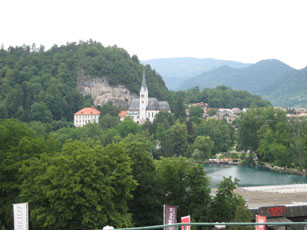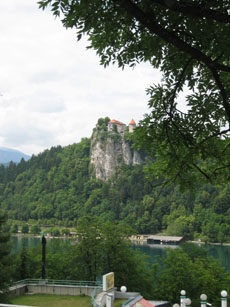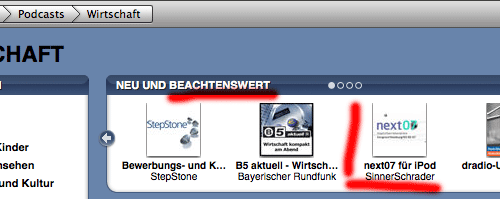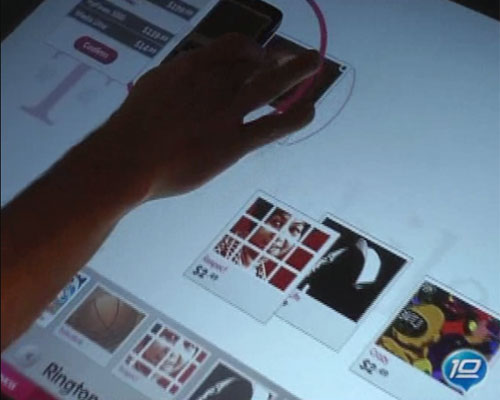Schon zum zwanzigsten Mal trafen sich kürzlich Wissenschaftler aus aller Welt im slowenischen Bled zur E-Conference – die es seit 1987 gibt, als in Deutschland die Versorgung von Privathaushalten mit Internet noch für unmöglich gehalten wurde und höchstens vereinzelte Haushalte zu BTX bzw. Datex-J Zugang hatten.
Die Konferenz zählt damit zu den traditionsreichsten ihrer Art und setzt sich aus wissenschaftlicher Sicht mit Electronic Commerce und verwandten Themenfeldern auseinander. Im Fokus der diesjährigen Konferenz standen E-Government-Bemühungen, neue Geschäftsmodelle, Interoperabilität und Mobilität.
In diesem Jahr habe ich an der Konferenz teilgenommen und einen Vortrag im Bereich „Privacy and Security in Electronic Environments“ gehalten. Der Vortrag resultierte aus der gemeinsamen Arbeit mit Kollegen von der Fraunhofer Gesellschaft, die einmal untersucht haben wollten, inwieweit Datenschutzbedenken Online-Käufer davon abhalten, an Loyalitätsprogrammen teilzunehmen.
Wenn man Psychographika wie Datenschutzbedenken (Concern for Information Privacy) erheben will, greift man auf vielfach validierte Fragenkataloge aus der Literatur zurück und untersucht, welchen Einfluss diese Psychographika z.B. auf die Nutzung von Loyalitätsprogrammen haben. Interessanterweise stellt sich heraus, dass Nutzer von Loyalitätsprogrammen signifikant höhere Datenschutzbedenken haben als Nicht-Nutzer. Das ist überraschend, könnte aber eventuell durch schlechte Erfahrungen der Nutzer hinsichtlich des Datenschutzes in aktuellen Loyalitätsprogrammen erklärt werden.
Zudem zeigten die Resultate der Arbeit, dass es bestimmte Marktsegmente gibt, die ein starkes Interesse an datenschutzfreundlichen Loyalitätsprogrammen haben. Eine entsprechende nutzerfreundliche Lösung mit blinden Signaturen entwickelten daraufhin die Forscher des Fraunhofer Instituts. Hier sind die Folien und der Beitrag.
Übrigens ist Bled ausgesprochen idyllisch und einen Besuch allemal wert. Diese Fotos zeigen keine Modelleisenbahnlandschaft, sondern den Bleder See und Umgebung:
 |
 |
 |
 |
Oliver Hinz, Stipendiat der SinnerSchrader AG 2007







